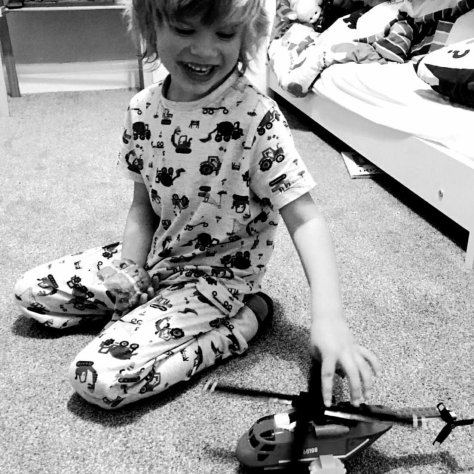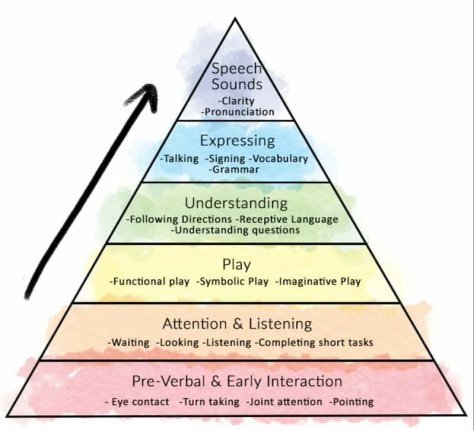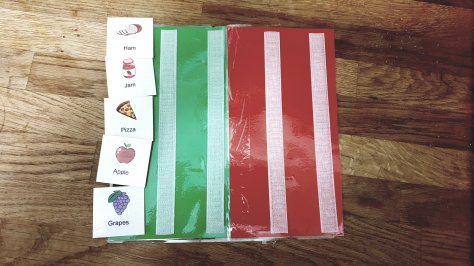At Rhys’ three year developmental check, the health visitor sat with an assortment of toys and papers in front of her.
“Rhys, can you stack the blocks?” she asked, placing three inch square blocks in front of him.
Rhys paid no attention to the lady and casually placed one block on top of the next with no effort. He managed eight blocks all sporadically aligned but perfectly balanced.
I didn’t gasp in amazement or shine with pride at his efforts. Rhys built block towers all day long. He hadn’t followed an instruction, he had just seen blocks in front of him, and done instinctively what he knew and loved.
He failed every other test that day. He failed because every test required Rhys to follow an instruction. A bundle of words that were just noise to Rhys from a strange object that sat in our living room.
From that day on, he failed every “test” because of the communication and engagement element that is vital to prove Rhys could do something. It was the foundation to everything in order to move forward.
I had a little boy who could not talk, but even more relevant was that he couldn’t understand or process language. A simple request to a three or even four year old of “pass me that toy” while gesturing to it with pointing, made no sense to Rhys. The physical action of identifying an object coupled with words, was foreign to him and just a jumble up of sounds and hand movements.
My strategy was to get him to understand a handful of words and associated actions. Things we could build on, and add to engagement opportunities.
I would place an object in his hand and say “Take to Daddy”, initially taking him by the hand and getting him to deliver the object. Through repetition, these physical prompts associated with words, started to form connections in his mind that made sense. He began to follow the commands without fail.
Things were slow, but we kept on powering through.
As I sat on the floor this evening reading to Rhys’ older brother, Rhys sat playing with a Lego helicopter. He spun the propellers around, enjoying the motion. However Lego is only a pile of blocks at the end of the day, and a vigorous spin will always end in a disastrous way.
“Mummy, help Rhys” he asked, holding the propeller out to me. The decapitated helicopter lay on its side about a meter away from me on the carpet.
“Rhys, get helicopter” I said, pointing to the red lego toy.
“Mummy help” responded Rhys, touching the propeller in my hand, reconfirming his request.
I tried again but with a different word. “Rhys, helicopter here” once again pointing to it.
“Mummy help, broken” Rhys replied, getting slightly frustrated.
I gave it one last try, ” Rhys, pass helicopter”
Something triggered in his mind and in the split second that he looked at me, I knew something was about to happen. To my amazement, he followed my finger and reached for the helicopter, bringing it to my open hand.

Something turned in my tummy in excitement. I placed the propeller on top of the red roof, gave it a test spin and held it out for Rhys. Of all the action words I used, none were part of Rhys’ mental dictionary, until I used the word “pass”. The word “pass” was what made a difference today. The word “pass” is going to open up so many more opportunities going forward.
I held out the helicopter to Rhys, but before I removed my grasp I asked, “What do you say?”
“Thank you” he replied.
I smiled and eased my hand from the toy.
Things will happen when you least expect them, and often it is just slight changes like a different word or action, that result in amazing things.
I was so proud of Rhys tonight, as I watched him return to spinning the toy. I was proud at how far he has come and the development barriers we both break down together.
🚁🚁🚁🚁🚁🚁🚁🚁🚁






